Monticello's Vegetable Garden and Fruitery
Thomas Jefferson's estate is home to hundreds of varieties of historic fruits and vegetables.
Perched in the Blue Ridge Mountain foothills just east of Charlottesville, Virginia, Thomas Jefferson’s estate of Monticello is home to one of the early United States’ most wondrous culinary gardens.
Carved into a hillside and supported by a massive stone retainer, the two-acre vegetable garden holds more than 330 varieties of more than 70 species of heirloom vegetables as well as dozens of herbs. Nearby, the eight-acre “fruitery”—a 400-tree orchard and vineyard with berry patches—contains at least 170 historically significant varieties of more than 30 species of fruit.
The grounds replicate the collection of botanical treasures Jefferson assembled from 1770 to 1826. Rarities such as 14-inch-long Cow’s Horn okra from Africa and bulbous Purple Calabash tomatoes from Mexico grow alongside the Indigenous, melon-like Green-Striped Cushaw squash and the carrot-esque China Rose winter radish. Staff conducted extensive research and archaeological digs to ensure historical accuracy, but also left room to build additions that Jefferson envisioned but never finished.
Both gardens embody Jefferson’s love for culinary plants, and tours include plant histories and descriptions of the former president’s efforts to acquire and grow them. They also commemorate the enslaved people that built and helped tend the grounds.
In addition to the garden and fruitery, the Monticello estate runs the Thomas Jefferson Center for Historic Plants. Located on a 650-acre farm a few miles away from the mansion, the Center functions as a living seedbank, selling heirloom seeds and grafting stock, both at an on-site gift shop and online. The farm is being transformed into a research center for sustainable small-scale agriculture. Plans include cider orchards, hopyards, vineyards, groves of nut trees, a food forest, beehives, and free-range, heritage-breed livestock.
Know Before You Go
If you can’t visit, you can order seeds from Monticello’s shop.

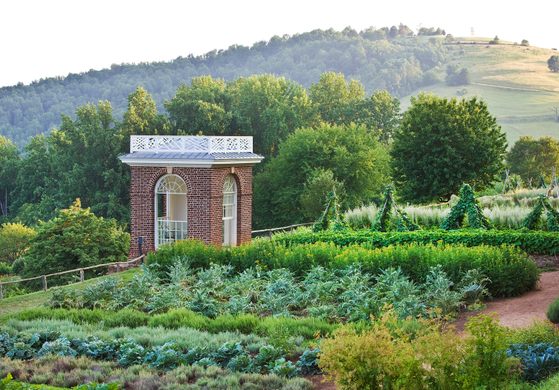
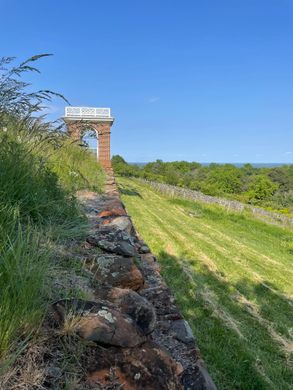
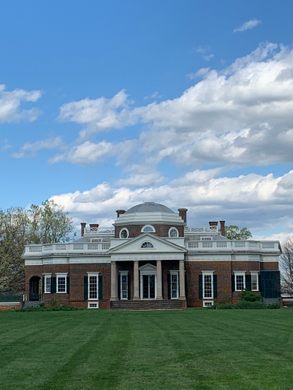
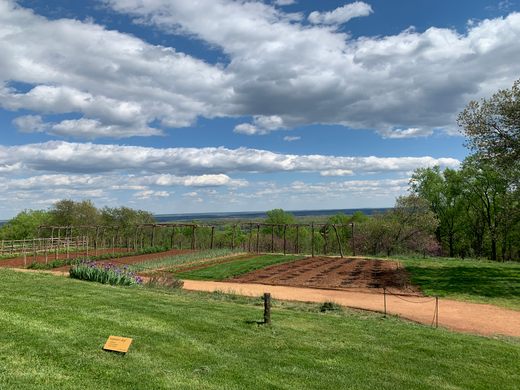


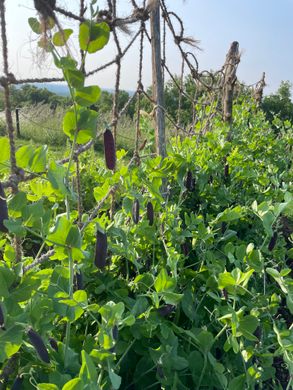
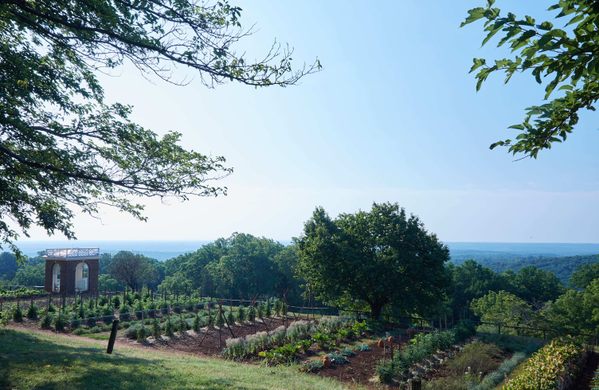
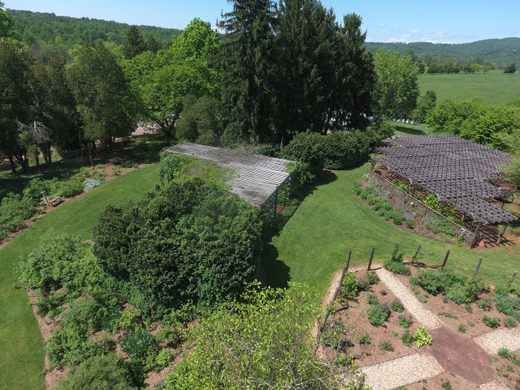
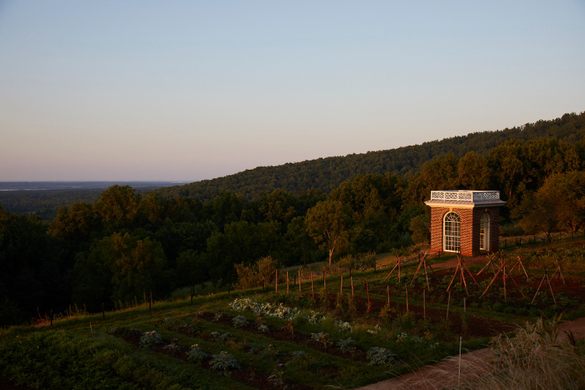
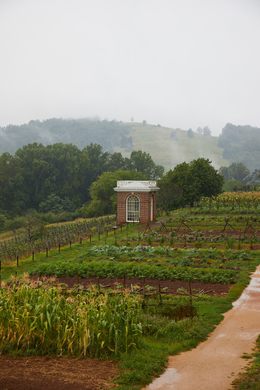




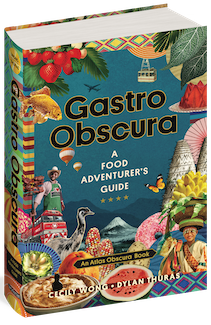




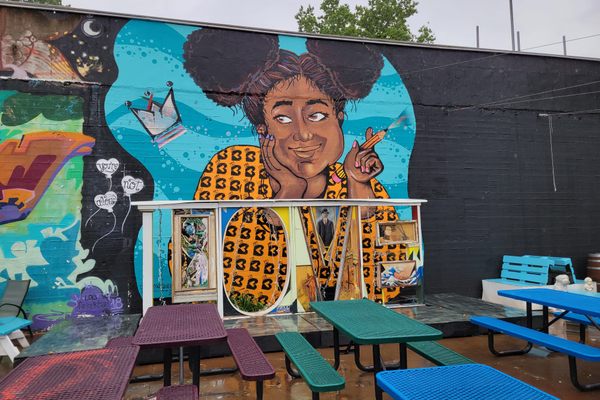
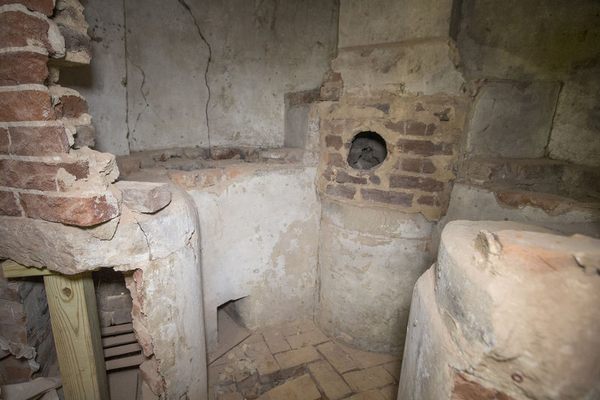
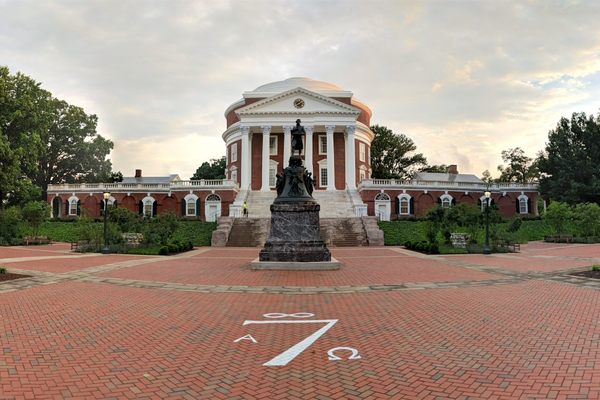







Follow us on Twitter to get the latest on the world's hidden wonders.
Like us on Facebook to get the latest on the world's hidden wonders.
Follow us on Twitter Like us on Facebook